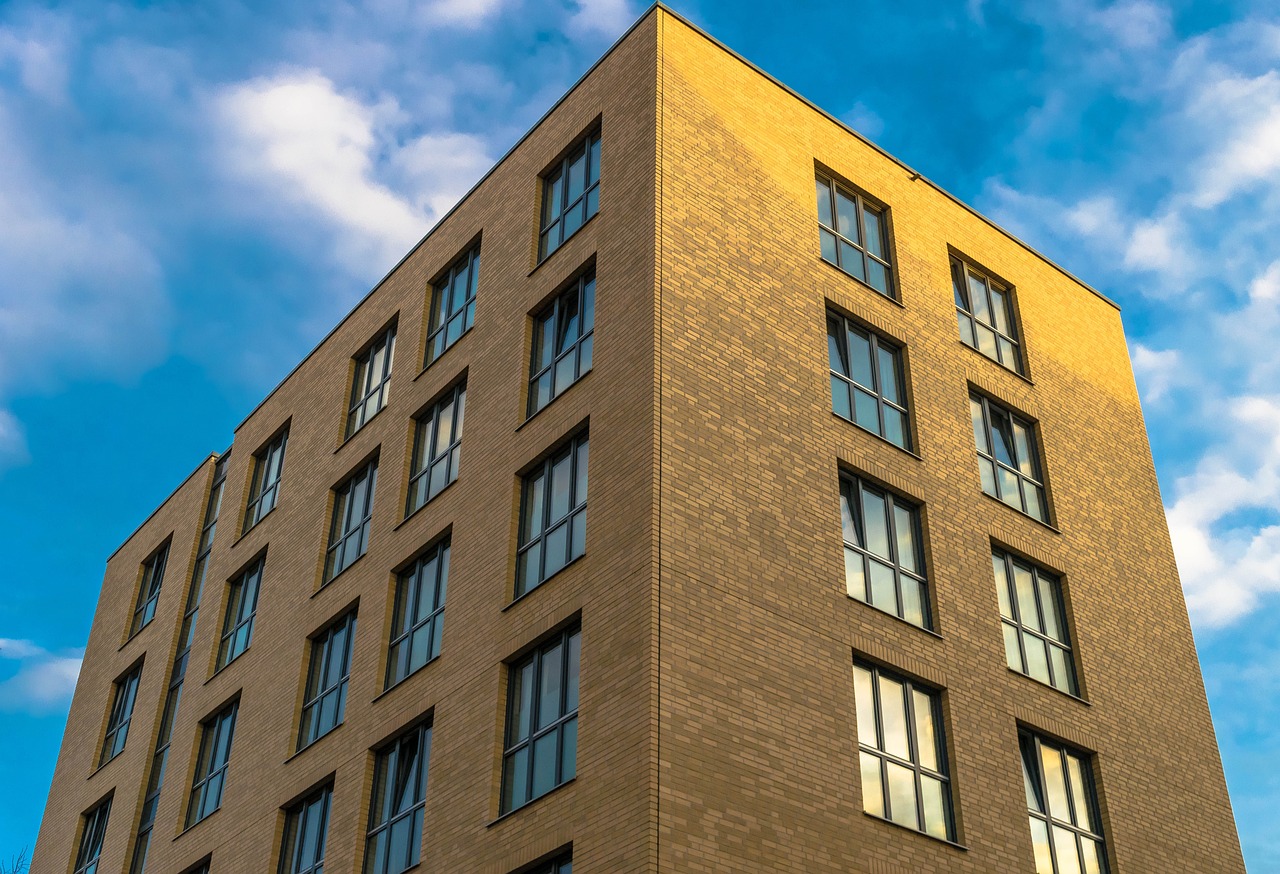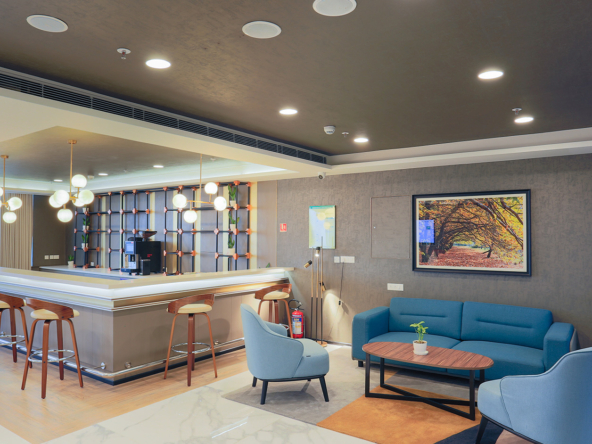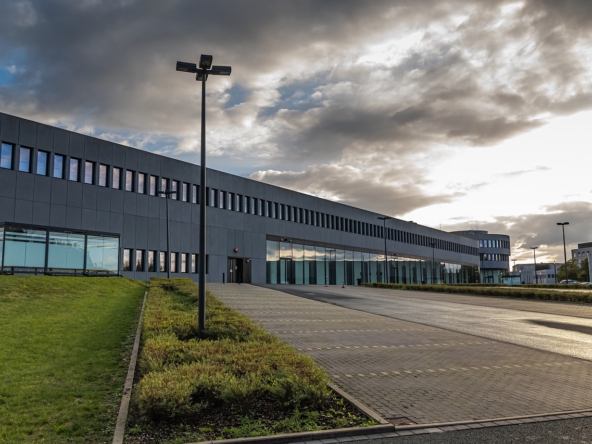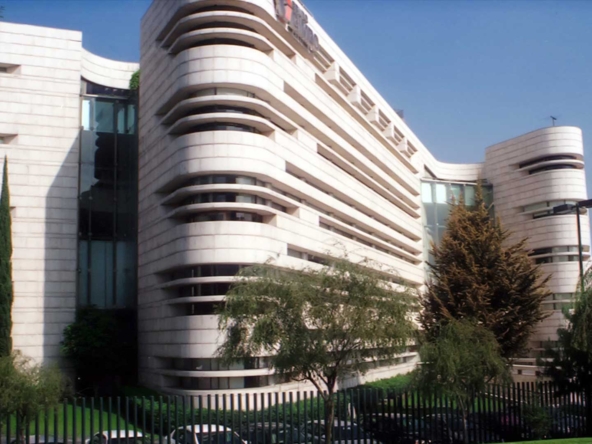By Sudhir Khatana, Consultant CRE-Noida, Studio Khozi
Risks in commercial real estate investments are vital, so investing in CRE can be a highly rewarding venture, offering substantial returns through rental income and capital appreciation. However, it is not without risks, especially in dynamic markets like Delhi NCR. Understanding these risks is crucial for making informed investment decisions and maximizing returns. In this article, we will explore the key risks associated with commercial real estate investments, supported by current market trends in the Delhi NCR region.
1. Market Volatility and Economic Downturns
The commercial real estate market is closely tied to the broader economy. Economic slowdowns, such as those witnessed during the COVID-19 pandemic, can lead to reduced demand for office spaces, retail outlets, and other commercial properties. In Delhi NCR, sectors like hospitality and retail were particularly hard-hit, with many businesses struggling to meet rental obligations.
Mitigation Strategy: Diversify your CRE portfolio across different sectors and geographies to spread the risk. Investing in properties with long-term lease agreements with financially stable tenants can also help cushion the impact of economic downturns.
2. Regulatory and Compliance Risks
Commercial real estate investments are subject to various regulatory requirements, including zoning laws, environmental regulations, and RERA (Real Estate Regulatory Authority) compliance. In Delhi NCR, regulatory changes can significantly impact property values and development potential. For instance, changes in land use policies or delays in obtaining necessary approvals can lead to project delays and increased costs.
Mitigation Strategy: Stay informed about local regulations and work with legal experts to ensure compliance. Investing in properties with clear titles and all necessary approvals in place can reduce the risk of regulatory setbacks.
3. Tenant Risk and Vacancy Rates
Tenant risk refers to the potential for tenants to default on their lease agreements or vacate the property, leading to increased vacancy rates. In the Delhi NCR market, while Grade A office spaces in areas like Gurugram and Noida continue to attract strong demand, older buildings and secondary locations face higher vacancy rates. This can lead to reduced rental income and increased maintenance costs.
Mitigation Strategy: Focus on acquiring properties in prime locations with high tenant demand and strong market fundamentals. Conduct thorough due diligence on potential tenants and consider offering flexible lease terms to attract and retain quality tenants.
4. Interest Rate Fluctuations
Interest rates play a significant role in the financing of commercial real estate investments. Rising interest rates can lead to higher borrowing costs, reducing overall returns on investment. In the context of Delhi NCR, where property prices are relatively high, even small fluctuations in interest rates can have a significant impact on investor profitability.
Mitigation Strategy: Lock in fixed interest rates when possible and maintain a healthy debt-to-equity ratio. Consider refinancing options to take advantage of lower rates when available.
5. Market Saturation and Competition
Delhi NCR is one of the most competitive CRE markets in India, with an abundance of new developments in sectors like retail, office spaces, and industrial parks. However, market saturation can lead to increased competition, downward pressure on rents, and longer absorption periods for new developments.
Mitigation Strategy: Conduct comprehensive market research to identify emerging trends and underserved sectors. Investing in niche markets or properties with unique value propositions can help differentiate your investment from the competition.
Current Market Trends in Delhi NCR
Despite the risks, the Delhi NCR commercial real estate market continues to offer significant opportunities for investors. The demand for flexible office spaces, driven by hybrid work models, is on the rise, particularly in areas like Noida Expressway and Gurugram’s Cyber City. Additionally, the industrial real estate sector, including logistics and warehousing, is experiencing strong growth, fueled by e-commerce expansion and infrastructure development like the Delhi-Mumbai Industrial Corridor (DMIC).
Retail spaces, while facing challenges from e-commerce, are seeing a resurgence in high-footfall areas such as shopping malls and high streets. Investors should focus on properties that align with these trends to capitalize on market demand while carefully managing the associated risks.
Investing in commercial real estate in Delhi NCR can be highly rewarding, but it requires a thorough understanding of the risks involved. By staying informed about market trends, diversifying investments, and adopting proactive risk management strategies, investors can navigate the complexities of the market and achieve long-term success. As always, partnering with experienced professionals and conducting detailed due diligence are essential steps in mitigating risks and maximizing returns in the ever-evolving world of commercial real estate.




